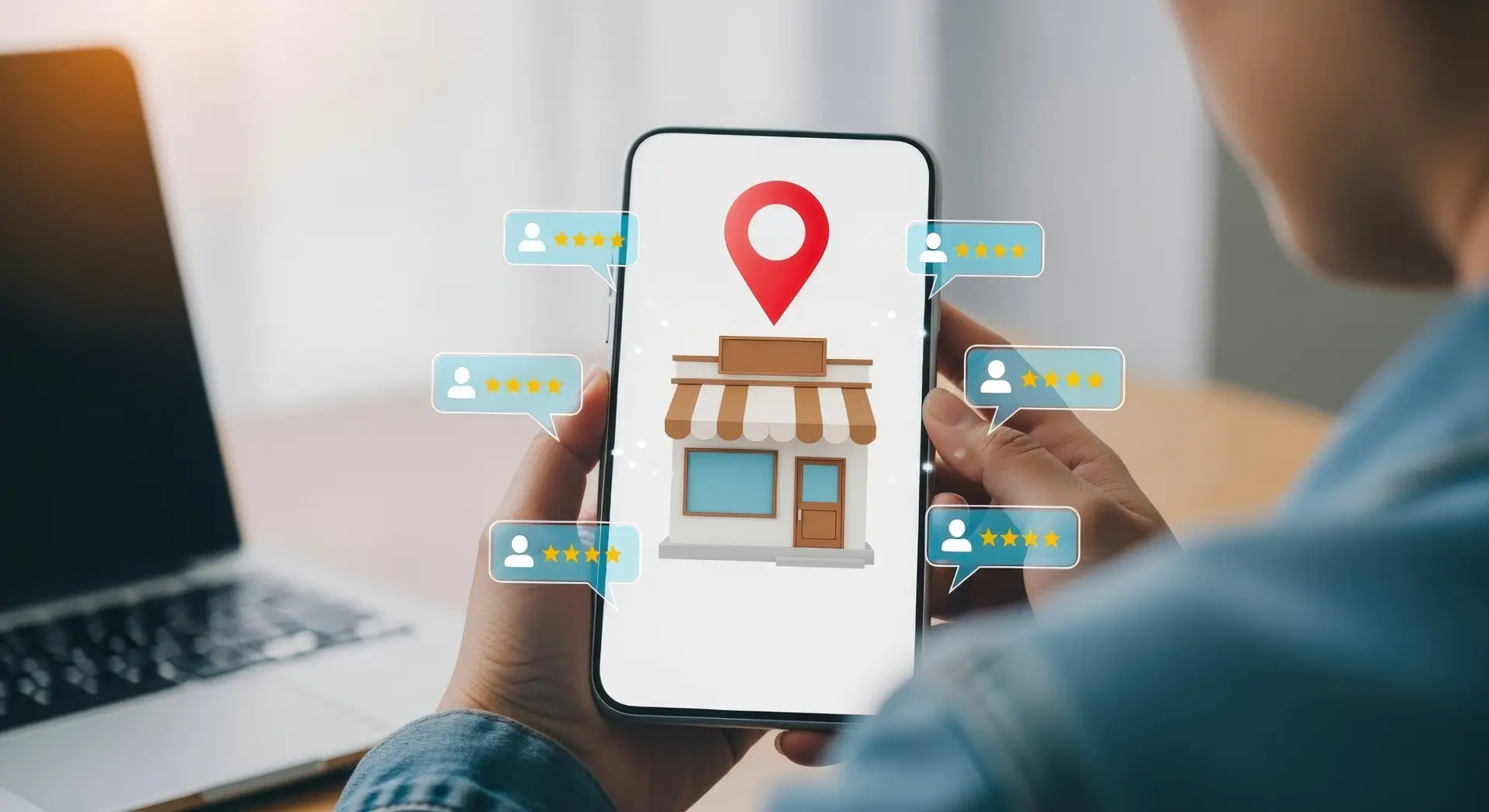A B2B content marketing strategy aligns your business goals with the needs of your target audience by delivering valuable and relevant content. It not only creates brand awareness but also builds trust. It also nurtures leads over time and positions your company as a knowledgeable industry leader. This approach is essential for guiding potential clients through longer decision-making processes typical in B2B sales.
Start by auditing your existing content and mapping it to your B2B content marketing strategy. For expert guidance, reach out today and contact us to refine your approach. Also, to produce high-value content and capture quality leads.
Why a Strong B2B Content Marketing Strategy Matters
A clear content marketing strategy for B2B ensures your message hits the mark with decision-makers. It builds trust by addressing real problems and positioning your brand as the solution. When executed effectively. It supports longer sales cycles, improves lead quality, and drives long-term relationships.
Benefits of B2B Content Marketing Strategy in B2B
The benefits of content marketing are especially powerful for businesses. These include:
- Higher visibility: Quality content ranks on search engines.
- Qualified leads: Educated buyers convert better.
- Brand trust: Thought leadership builds credibility.
- Scalable ROI: Evergreen content continues to deliver.
Studies from Content Marketing Institute show that 91% of B2B marketers use content marketing. They see improved brand awareness and sales outcomes.
B2B Content Marketing Strategy: Core Components of Your Strategy
1. Audience Research
Content starts with knowing your buyer personas industries, challenges, decision-making processes. Use surveys, CRM data, and social listening to paint a clear picture.
2. Goal Setting
Define goals: awareness, engagement, leads, loyalty. Each goal requires tailored content formats blog posts, case studies, whitepapers, and email campaigns.
3. Keyword & Topic Targeting
Optimize around B2B content marketing strategy, b2b content marketing strategies, and b2b marketing content strategy. Use tools like SEMrush and AnswerThePublic to identify intent-driven queries.
4. Content Planning & Calendar
Lay out a calendar with topics aligned to buyer journey stages: awareness, consideration, and decision. Plan a mix: how-to guides, expert interviews, case studies, infographics.
5. Content Creation & SEO
Create concise, jargon-free content. Use NLP best practices: natural language, synonyms, short sentences, active voice, and clear headings. Include relevant keywords 14–25 times for your primary keyword and 4–7 for secondary ones, placed naturally in headings, body, and image alt text.
6. Distribution & Promotion
Use your social channels, email list, industry forums, and PPC to amplify reach. Leverage guest posts and backlink outreach. Include actionable content marketing tips with internal linking, like content marketing tips.
7. Engagement & Nurturing
Offer downloadable assets behind forms to generate leads. Run webinars, provide live demos, and add content offers. To nurture prospects through email workflows.
B2B Content Marketing Strategy: B2B Content Formats That Work
Long-Form Blog Posts
Detailed guides, when optimized, rank well and attract backlinks. A 2,000–3,000-word post on b2b marketing content strategy can become a cornerstone asset.
Case Studies
Real-world proof of success builds confidence. For example, StoryChief reports that a B2B company boosted demo requests by 40% after publishing a multi-channel case study.
Data Reports & Research
Original research resonates well. Like Semrush’s data-backed evaluations of B2B content performance.
Video & Webinars
Short how-to videos and webinars educate and engage. They also boost SEO and time-on-page metrics.
Infographics & Visual Assets
Make complex ideas easy to digest. Visuals are highly shareable and suitable for social channels like LinkedIn and Twitter.
Creating Content That Converts
Focus on Buyer Intent
Deliver content that aligns with where your audience is in the buying process. Use clear headings like “How to Evaluate a Content Marketing Specialist” and link to internal resources like content marketing specialist.
Keep it Simple & Human
Use synonyms to vary language: “brand message,” “company narrative.” Write short sentences. Avoid passive voice and jargon.
Add Distinctive Value
Provide original frameworks or checklists no one else has. For instance, a B2B software firm introduced a “5-step readiness checklist” for choosing marketing platforms. Leading to a 50% increase in engagement.
Real-World Example
Sprout Social shows how brands can use content to control buyer conversations. From top-of-funnel blog posts to gated ROI calculators.
Measuring & Adjusting Your Strategy
- KPIs to track: Page views, time on page, bounce rate, social shares, and lead conversion rate.
- Analytics tools: Google Analytics, SEMrush, HubSpot, Sprout Social.
- Regular updates: Use data to optimize outdated posts or boost content types that underperformed.
An FT report recommends revisiting content every 6 months to keep it fresh.
Expert Tips for Success
- Focus on authority: Get guest quotes or collaborate with respected experts.
- Repurpose content: Turn webinars into blog posts, infographics, or podcast episodes.
- Use internal linking: Boost SEO by linking to related content, such as b2b content marketing.
Elevate with Automation & Tech
- Use platforms like HubSpot or Marketo for lead segmentation.
- Automate social publishing with tools such as Sprout Social.
- Monitor brand mentions to capture engagement opportunities early.
Ready to Grow with B2B Content?
Start by auditing your existing content and mapping it to your B2B content marketing strategy. For expert guidance, reach out today and contact us to refine your approach. Also, to produce high-value content and capture quality leads.
Conclusion
A winning b2b content marketing strategy framework is built on audience insight, consistent execution, and strategic optimization. By blending valuable, original content with smart promotion and measurement.
Your business can boost credibility and accelerate growth. Apply the tips above to sharpen your b2b marketing content strategy. To attract engaged prospects and stay ahead of your competition.
With these effective b2b content marketing strategies. You are equipped to craft a close-to-perfect content engine. Act now, start mapping, creating, and connecting!
FAQs
1. What is a B2B content marketing strategy?
A structured plan that aligns business goals with content formats, distribution. Also, measurement to engage buyers and drive conversions.
2. How long does it take to see results from B2B content marketing?
You can expect noticeable boosts in traffic and engagement within 3–6 months, With ROI growing steadily as you build content authority.
3. What content formats work best for B2B audiences?
In-depth blog posts, case studies, research reports, webinars, and infographics resonate well with professional buyers.
4. How often should I update my B2B content?
Review and update key assets every 6 months to keep data current, maintain SEO value, and reinforce relevance.
5. How do I measure the success of my strategy?
Track metrics like page views, time on page, lead conversion rates, and social shares. Use analytics tools like Google Analytics or HubSpot for insights.




